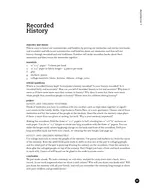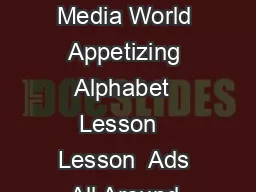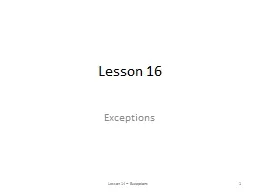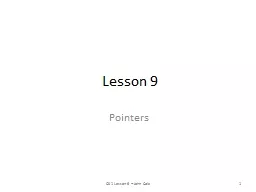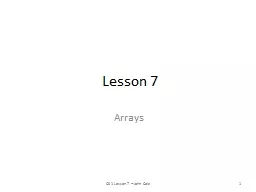PPT-Lesson 12 吃饭
Author : pamella-moone | Published Date : 2019-12-13
Lesson 12 吃饭 Chī fàn Dining 一 也 都 不 没 yìyědōubùméi These structures are used to form an emphatic negation meaning not at all or not even
Presentation Embed Code
Download Presentation
Download Presentation The PPT/PDF document "Lesson 12 吃饭" is the property of its rightful owner. Permission is granted to download and print the materials on this website for personal, non-commercial use only, and to display it on your personal computer provided you do not modify the materials and that you retain all copyright notices contained in the materials. By downloading content from our website, you accept the terms of this agreement.
Lesson 12 吃饭: Transcript
Download Rules Of Document
"Lesson 12 吃饭"The content belongs to its owner. You may download and print it for personal use, without modification, and keep all copyright notices. By downloading, you agree to these terms.
Related Documents



